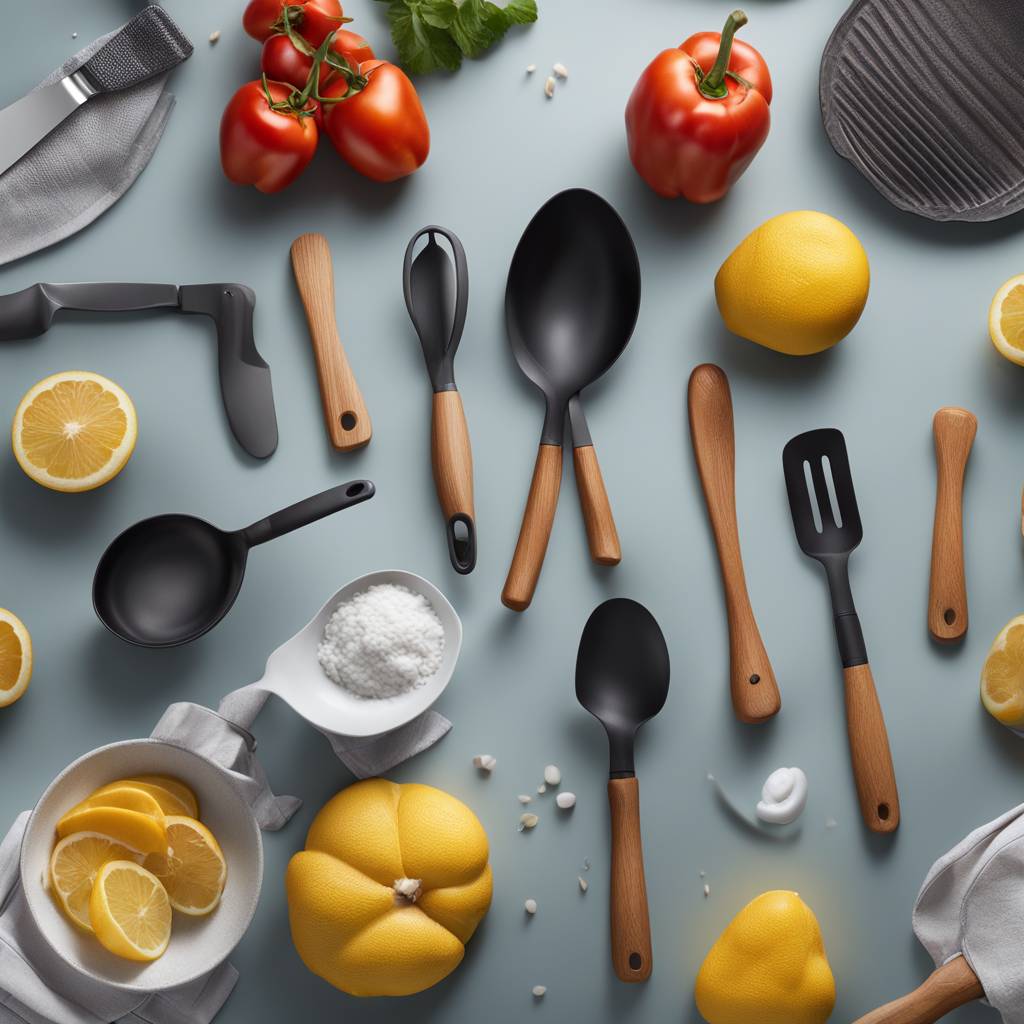The smart kitchen category is rapidly growing and is predicted to reach $76 billion by 2033. Smart kitchen tools are generally Wi-Fi enabled or AI-powered, allowing users to control appliances, receive notifications, and monitor progress via their devices. Some smart appliances are capable of recognizing food elements and adjusting their behavior accordingly for better results. For example, blenders and food processors can sense when ingredients are processed to a target consistency and adjust accordingly. Smart refrigerators can even identify food items and suggest recipes to make with them.
Despite the advancement in smart kitchen technology, the demand for smart ovens, particularly smart countertop ovens, has been relatively low. Souped-up countertop ovens promise to do most of the cooking, but the cost and limited interior space have deterred consumers. The Brava oven, for example, costs $1,300 and has received mixed reviews. Other smart ovens like Tovala and Suvie offer similar features at lower price points, making them more accessible to consumers. However, the overall demand for smart ovens remains soft, despite impressive engineering and marketing efforts.
Smart kitchen tools that enhance daily life without trying to do all the cooking have proven to be more popular. For example, blenders with capable motor intelligence, smart meat thermometers, and coffee makers that can brew on demand from anywhere are practical additions to the kitchen. Smart refrigerators with built-in screens for displaying recipes and schedules also offer useful features. Smart composters, which alert users when the bins are nearing capacity, are gaining popularity as they help reduce kitchen waste.
While some smart oven features have practical benefits, such as notifications for when preheating is finished or when the food is done cooking, the overly engineered nature of some smart ovens can be off-putting to those who enjoy cooking. Smart kitchen tech works best when it complements cooking skills rather than taking over the entire process. Breville’s Joule smart oven, with features like autopilot cooking and notifications, strikes a balance between smart technology and user control. Its subtler approach to AI makes it more appealing to home cooks.
Overall, smart kitchen tech is still in the process of finding its footing. While some innovations have been successful in enhancing daily kitchen tasks, there have been misses in the industry, particularly with overly engineered smart ovens. The cost and complexity of some smart kitchen appliances may be deterring consumers who prefer to take a more hands-on approach to cooking. Brands like Breville are focusing on a lighter, more user-centric approach to smart technology in the kitchen, creating products that enhance cooking skills rather than replace them entirely.


